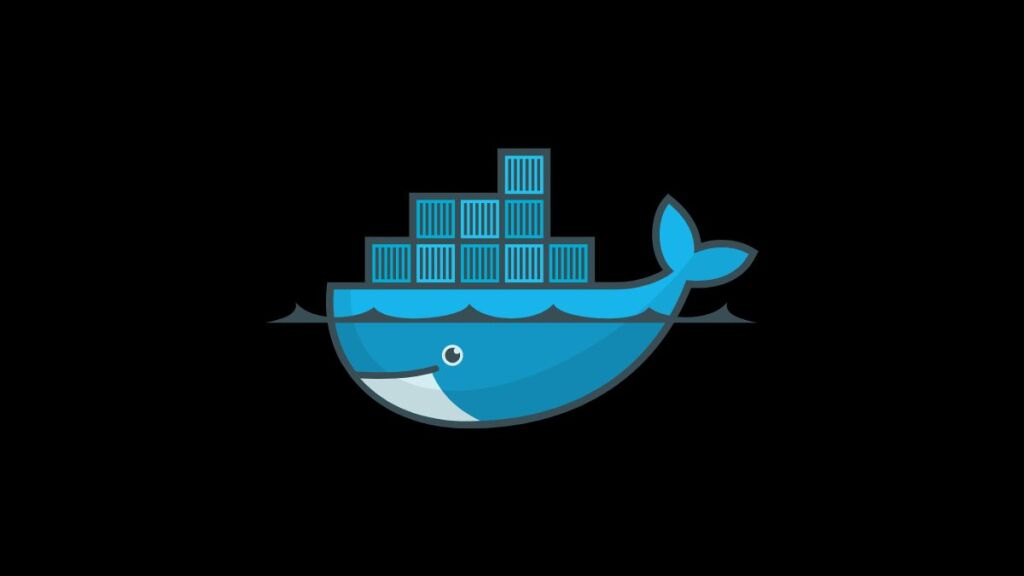Encountering a “sudo: command not found” error in Docker can be perplexing, especially for those accustomed to using sudo it to elevate privileges within Linux environments. This issue often arises in Docker containers built from minimal base images that aren’t included sudo by default. The error can impede operations requiring elevated privileges, from installing packages to modifying system files. This article guides you through understanding and resolving this issue, ensuring a smooth Docker experience.
Understanding the Issue
Docker containers are designed to be lightweight, running a single application or service per container. As a result, many Docker images, especially those built from alpine, busybox, or minimal debian and ubuntu base images, exclude utilities not essential to their primary function, including sudo. When you attempt to execute sudo in such containers, the shell returns a “command not found” error because the sudo package isn’t installed.
Why sudo Might Be Needed Inside Docker Containers
While the best practice is to keep containers minimal and focused, there are scenarios where sudo might be necessary:
- Multi-user Environments: Containers designed to mimic or operate in a multi-user environment, where permissions and roles need to be emulated.
- Development and Testing: When testing applications that require different user privileges or installing additional packages for development purposes.
- Legacy Applications: Legacy applications or scripts that rely on
sudofor executing certain operations.
Fixing the Issue
Installing sudo in Docker Containers
The straightforward solution is to install sudo within your Docker container. You can do this by modifying your Dockerfile to include an installation command for sudo. Here’s how you can do it for some of the most common Linux distributions used as base images:
Debian/Ubuntu-Based Images
FROM ubuntu:latest
# Install sudo
RUN apt-get update && apt-get install -y sudo
# Add a new user and give them sudo privileges
RUN useradd -m docker && echo "docker:docker" | chpasswd && adduser docker sudo
# Use the new user
USER dockerAlpine-Based Images
FROM alpine:latest
# Install sudo
RUN apk add --update sudo
# Add a new user and give them sudo privileges
RUN adduser -D docker && echo "docker ALL=(ALL) NOPASSWD: ALL" > /etc/sudoers.d/docker
# Use the new user
USER dockerConsiderations for Using sudo in Docker
- Security: Introducing
sudoin containers can pose security risks, especially if the containers are not properly isolated or if user privileges are not carefully managed. - Image Size: Installing additional packages, including
sudo, increases the size of your Docker images, potentially negating one of the key benefits of containerization: lightweight and portable software units. - Best Practices: Often, the need for
sudocan be circumvented by designing containers and applications that don’t require changing user privileges. Consider whether your use case genuinely necessitatessudo, or if there’s a more container-centric approach to achieve your goals.
Conclusion
While encountering a “sudo: command not found” error in Docker can initially be frustrating, it provides an opportunity to reconsider the design and security of your containers. Installing sudo can resolve the issue quickly, but weighing the implications on security and image size is essential. Aim for solutions that adhere to Docker’s philosophy of minimalism and isolation, ensuring your containers remain efficient, secure, and easy to maintain.
- How to Add Captions inside Feature Images with GeneratePress - May 8, 2024
- Car Dealership Tycoon Codes: Free Cash for March 2024 - April 9, 2024
- World Solver - April 9, 2024

